Topics
From the NOR Dossiers
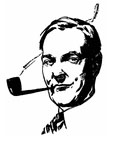
Literature Matters by Michael S. Rose

What We Can Learn from James Bond about Western Civ
October 2024I am convinced that the Bond series has functioned as the 20th-century edition of the Latinized (Virgilian) Homeric myth that has long served as our founding story.
VIEW ARTICLE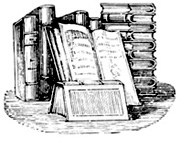
What “Old Books” Have to Teach Us About Being Human in the 21st Century
September 2021Although we have more books available to us than at any time in history, fewer and fewer of us read great literature, distracted as we are by screens.
VIEW ARTICLE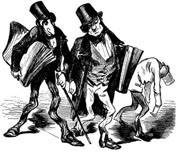
The Wanting Seed. By Anthony Burgess.
July-August 2021The book seemed absurd when it appeared in 1962. Sixty years later, lipstick-wearing men, sex changes, and overzealous population controllers are common.
VIEW ARTICLE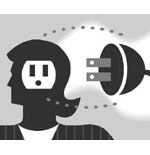
Nineteen Eighty-Four. By George Orwell.
May 2021The citizens of Oceania are not only stripped of human freedom and basic rights but so dehumanized that each individual lacks any semblance of human dignity.
VIEW ARTICLE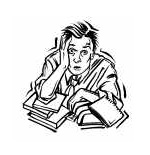
Fahrenheit 451. By Ray Bradbury.
March 2021If we continue to cede our lives to Hollywood and tech, we will fall prey to consumerism and become a vacuous people concerned with little more than our own amusements.
VIEW ARTICLE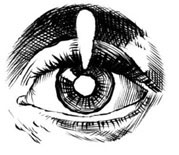
Never Let Me Go. By Kazuo Ishiguro.
January-February 2021The world Ishiguro describes is not some far-flung future driven by fantastic technology still on the distant horizon; it is recognizable as our own.
VIEW ARTICLE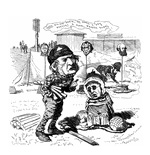
Gulliver’s Travels. By Jonathan Swift.
December 2020Swift’s struldbrugs inspire consideration of the abiding human passion to prolong life indefinitely. But by losing our mortality, do we also lose our humanity?
VIEW ARTICLE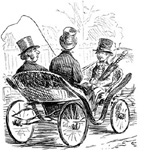
“The Body-Snatcher.” By Robert Louis Stevenson.
November 2020A certain scientific consequentialism claims that the “end” of medical experimentation (the advancement of science) justifies any “means.”
VIEW ARTICLE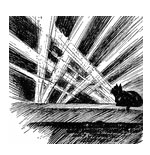
That Hideous Strength. By C.S. Lewis.
October 2020Lewis, as a man, a scholar, and a writer, recognizes the perennial threat of dehumanization, including the misuse of science.
VIEW ARTICLE
The Constant Gardener. By John le Carré.
September 2020Does the international pharmaceutical industry indeed use destitute black Africans as guinea pigs for its clinical trials?
VIEW ARTICLE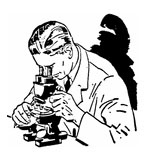
The Thanatos Syndrome. By Walker Percy.
July-August 2020Is it ever appropriate to change human nature, even if ostensibly for the sake of improving the quality of life for a great many people?
VIEW ARTICLE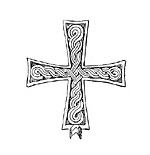
Things Fall Apart. By Chinua Achebe.
May 2020Achebe centers on the clash of civilizations between his native Ibo culture and Christian missionaries who established colonial government in Nigeria.
VIEW ARTICLE
“Politics and the English Language.” By George Orwell.
April 2020Language should reflect reality. If it doesn’t, what possible limits could be placed on misleading, manipulative language?
VIEW ARTICLE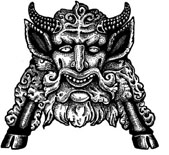
“Young Goodman Brown.” By Nathaniel Hawthorne.
January-February 2020Brown believes he can dabble with the Devil just this once and then return to Faith spiritually unscathed and continue his earthly pilgrimage to Heaven.
VIEW ARTICLE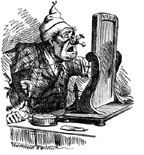
“Markheim.” By Robert Louis Stevenson.
December 2019Markheim is confronted at the scene of his crime by a mysterious “visitant” who seems to be giving him advice on how best to escape being caught.
VIEW ARTICLE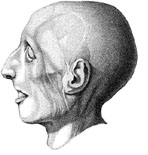
“The Pardoner’s Tale.” By Geoffrey Chaucer.
October 2019Chaucer satirizes the hypocrite and the fraudster, especially he who uses his talents -- like preaching -- for his own gain.
VIEW ARTICLE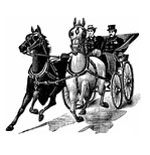
Frankenstein. By Mary Shelley.
July-August 2019Shelley’s novel can be read as a validation of the family, marriage, and natural human values in contrast to the overreaching desires of the prideful scientist.
VIEW ARTICLE
Brave New World. By Aldous Huxley.
June 2019Huxley articulates, through an engaging narrative, the underlying philosophies that in any century will dehumanize us and lead us away from God and all that is truly good and beautiful.
VIEW ARTICLE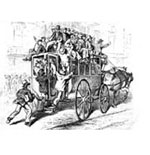
My Antonia. By Willa Cather.
April 2019Willa Cather understands there’s a bleak side to the Romantic ideal of the American dream, a critical misinterpretation that the dream focuses on you rather than on others.
VIEW ARTICLE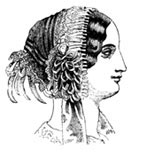
“The Birth-mark.” By Nathaniel Hawthorne.
January-February 2019Should we try to repair our imperfections using our human ingenuity and genius? In other words, should man aspire to control nature, to play God?
VIEW ARTICLE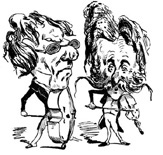
“William Wilson.” By Edgar Allan Poe.
December 2018Poe uses the doppelgänger motif as a physical manifestation of Wilson’s conscience and shows the demise of a man who, blinded by his sins, kills his own conscience.
VIEW ARTICLE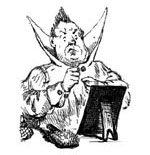
Dracula. By Bram Stoker.
November 2018For the original vampire slayers, most of them nominal Anglicans, the efficacy of Catholic sacramentals and the Sacrament quickly becomes apparent.
VIEW ARTICLE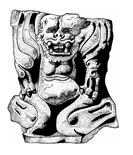
On the Tragical History of the Life and Death of Doctor Faustus. By Christopher Marlowe.
October 2018Once Faustus takes possession of Mephistophilis as his servant, it becomes apparent that the Devil isn’t so much serving as manipulating him.
VIEW ARTICLE